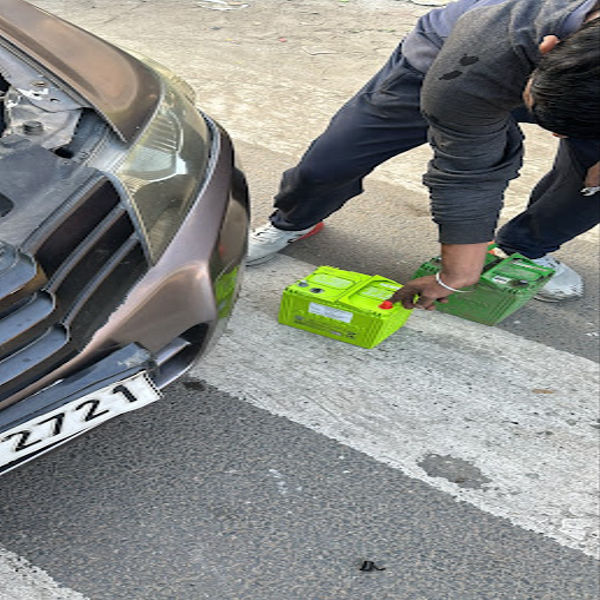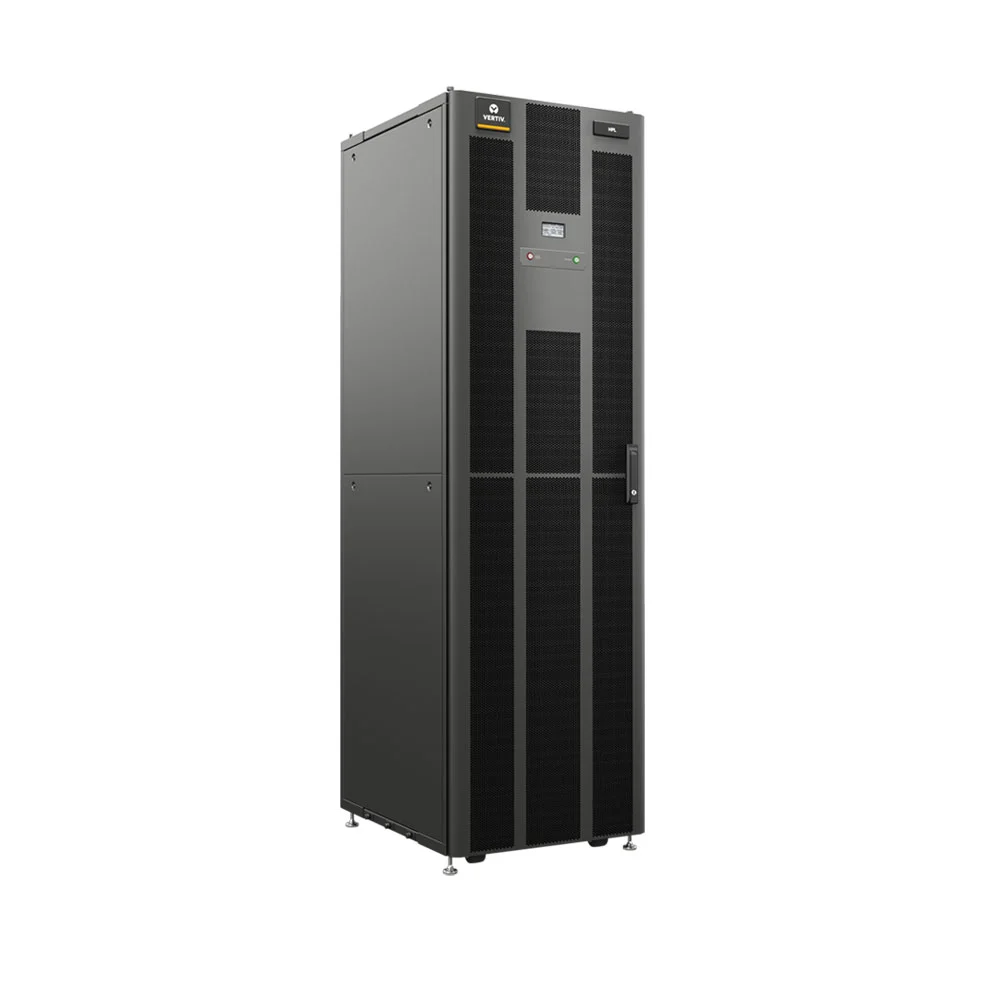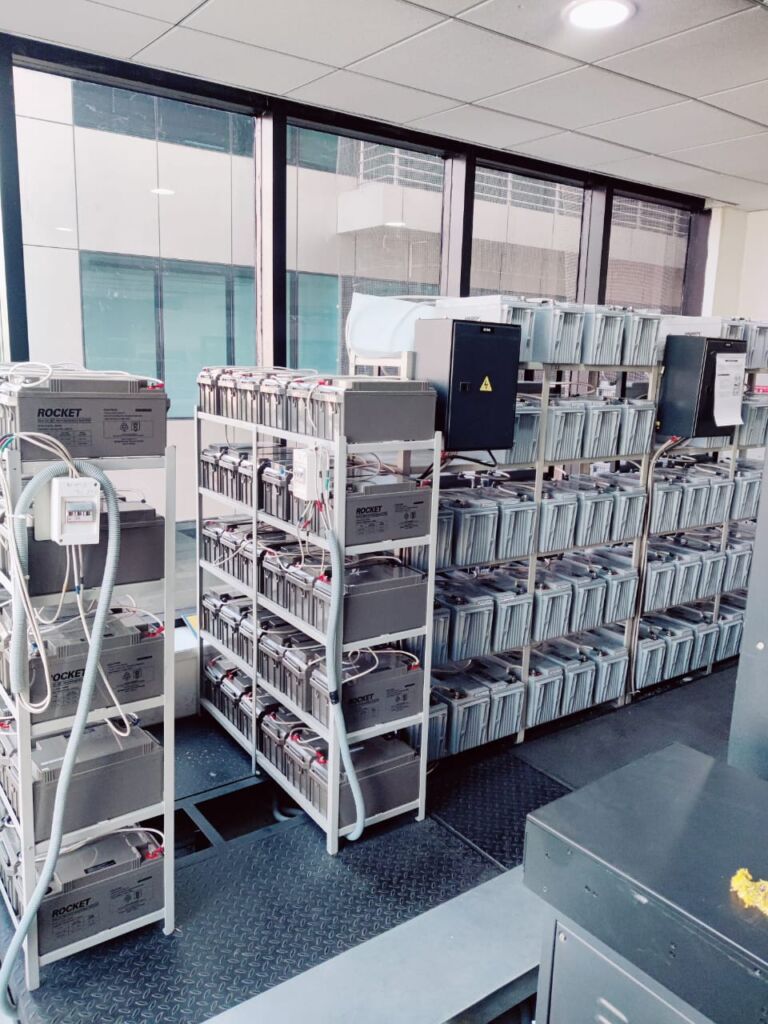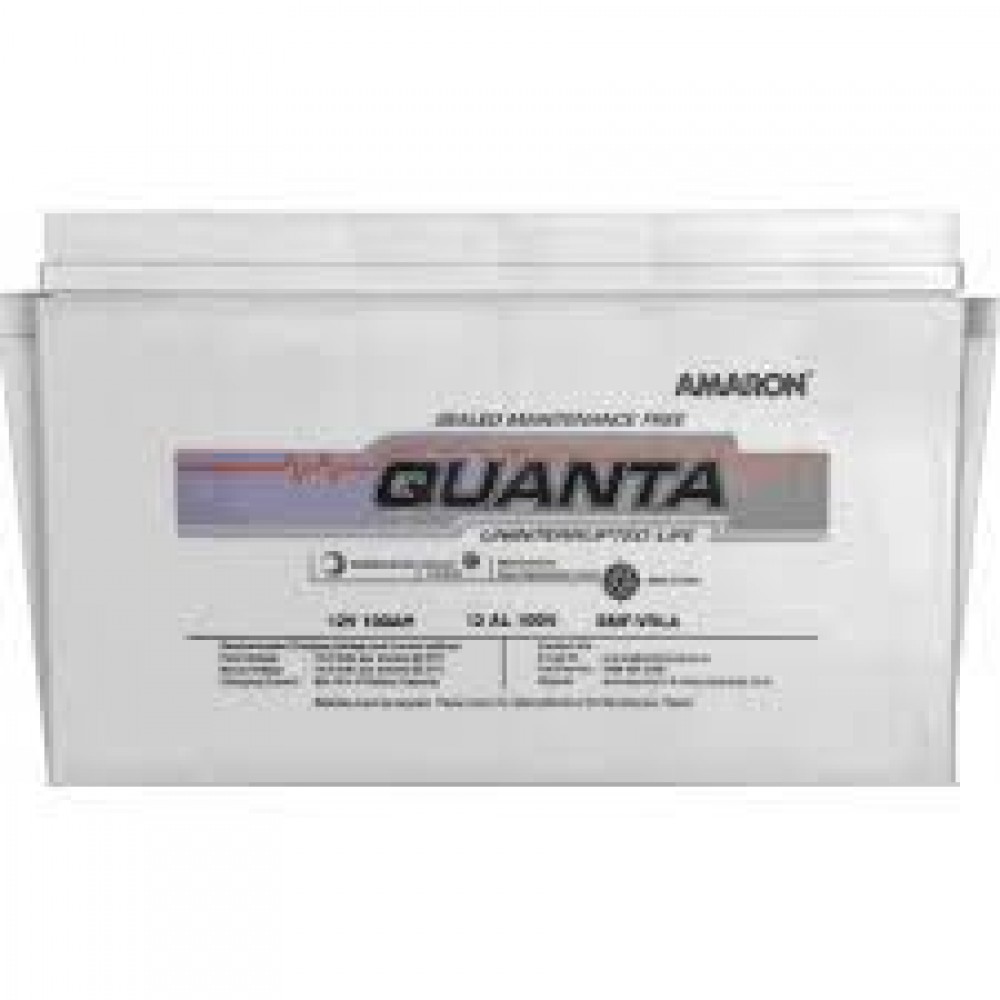Battery
The Amaron Quanta 12V 12Ah battery is part of Amaron's lineup of high-performance lead-acid batteries, designed for various applications including uninterruptible power supply (UPS) systems, solar energy storage, and other backup power requirements. Here are the key details and specifications of the Amaron Quanta 12V 12Ah battery:
1. General Specifications:
Model: Amaron Quanta 12V 12Ah
Voltage: 12V (nominal)
Capacity: 12Ah (Ampere-hours)
Chemistry: Lead-Acid (Flooded or VRLA - Valve Regulated Lead Acid, depending on the specific model variant)
Type: Sealed Lead Acid (SLA) or VRLA (Valve-Regulated Lead Acid)
2. Dimensions:
Length: Approximately 151 mm
Width: Approximately 65 mm
Height: Approximately 94 mm
Weight: Approximately 3.8 kg (8.38 lbs)
3. Applications:
UPS Systems: Ideal for providing backup power to critical systems like computers, telecom equipment, and other sensitive electronics.
Solar Energy Storage: Can be used in solar applications to store excess energy for later use.
Electric Vehicles: Sometimes used in smaller electric vehicle or mobility scooter systems.
Alarm and Security Systems: Provides backup power to alarm systems, CCTV, and other security devices.
Emergency Lighting: Often used in emergency lighting setups for buildings, factories, and other premises.
4. Performance Features:
Cycle Life: The Amaron Quanta 12V 12Ah battery generally offers around 300-500 charge/discharge cycles (varies based on usage, charge/discharge depth, and environmental conditions).
Discharge Current: Able to provide a high discharge current (depending on load), making it suitable for short-term high-power loads.
Recharge Time: Typically around 6-8 hours for a full recharge from full discharge, but this can vary depending on the charger and charging conditions.
Self-Discharge Rate: Low self-discharge rate, meaning it holds charge for a long period when not in use.
5. Key Features:
High Reliability: Designed for reliable performance, making it a trusted option for various backup power systems.
Safety: Valve-Regulated Lead-Acid (VRLA) design, meaning it is sealed and maintenance-free under normal operating conditions.
Durability: Offers robust construction for longer-lasting performance even under challenging environmental conditions.
Leak-Proof Design: The VRLA design ensures that the battery is leak-resistant, which is particularly important for use in enclosed spaces.
Low Maintenance: Does not require regular water refilling like traditional flooded lead-acid batteries.
6. Charging Voltage and Current:
Float Voltage: Around 13.5V to 13.8V.
Charge Voltage (Bulk): Typically around 14.4V to 14.7V (depending on the charger and temperature).
Charge Current: Around 0.1C to 0.3C (for a 12Ah battery, this translates to a charge current of about 1.2A to 3.6A).
7. Temperature Range:
Operating Temperature: Generally from -15°C to 50°C, but the optimal temperature range for performance is usually between 20°C to 25°C.
Storage Temperature: For best longevity, store the battery at temperatures between 15°C to 25°C.
8. Warranty:
Warranty Period: Amaron Quanta batteries typically come with a warranty period of 1-2 years, depending on the region and specific seller's terms.
9. Advantages:
Cost-Effective: Amaron Quanta batteries are considered affordable yet reliable for various low to medium capacity backup systems.
Wide Availability: These batteries are widely available in many regions and are popular due to their reputation for consistent performance.
Maintenance-Free: VRLA technology means no need for regular maintenance, unlike flooded batteries.
10. Safety Considerations:
Ventilation: While sealed, it's important to ensure that the battery is placed in a well-ventilated area to prevent the buildup of gases.
Avoid Deep Discharge: Like most lead-acid batteries, it is not recommended to discharge the battery below 50% of its total capacity frequently, as this can shorten its lifespan.
Proper Charging: Always use a proper charger designed for lead-acid batteries, as improper charging can lead to overcharging or undercharging, which will reduce battery life.
11. Comparison with Other Batteries:
Compared to other 12V 12Ah batteries, the Amaron Quanta typically offers good cycle life, consistent performance, and a strong reputation for reliability. It is one of the more affordable options in its class, which makes it a good choice for cost-conscious consumers looking for backup power.
Conclusion:
The Amaron Quanta 12V 12Ah is a reliable and efficient lead-acid battery suitable for a variety of applications, from backup power systems to solar storage. It offers robust performance, minimal maintenance, and a reasonable lifespan with proper care. It's an excellent choice if you're looking for a cost-effective power solution for home or small business applications.
Send
Message








